I have a confession to make. This year, I practiced electoral abstinence. By that, I mean I mostly tuned out from the election campaign. No posting a spicy GIF every time one of the candidates dodged a question. No clicking refresh on the RealClearPolitics polling average until I could feel the slow onset of carpal tunnel syndrome.
It was a serious change of pace. For more than a decade, I was a conservative journalist, and before 2024, I’d covered every election cycle since 2012 (if sitting on my couch in sweatpants watching CNN and writing about it counts as “covering,” which in our current media landscape means yes!). I wrote reaction pieces after each of the Obama-Romney presidential debates. I watched on my TV as the events of January 6, 2021 unfolded five miles up the road. I emptied my mini-fridge on election night 2016 and then filed an essay called, “Do you hear the deplorables sing?” that I still have no memory of writing.
Truly I was the Edward R. Murrow of my living room. Yet this year saw the end of my leather-couch shoe leather. Job commitments meant I had to remain carefully neutral in this election — and since I’ve never concealed my biases, this meant abstaining from writing about the campaign, or even posting about it on social media.
At first, I thought this would be an unqualified blessing. Think of it! No more arcane Florida election rules taking up brain space where NFL stats ought to be! I would follow the campaign the way most Americans did, as a casual consumer. I’d read the occasional article and take note of all the yard signs when I drove across town, sure, but I wouldn’t get obsessed.
This was to prove far more difficult than I imagined. Lord knows this campaign knew how to tempt me. Joe Biden just called Trump supporters “garbage.” Nnnnnnnnnn! Donald Trump is serving fries at a McDonald’s drive-thru. Stop it! RFK Jr. once beheaded a whale. OK, now you’re just trying too hard! I did briefly give into temptation back in the summer when Trump was almost murdered/Biden dropped out/Kamala parachuted in, spending about a week staring at Politico the way concerned neighbors stare at a housefire. Maybe I could write just one smarmy Substack post? No! Get back, tempter!
But in general there was something salutary about not weighing in all the time. Because “covering” an election even from the La-Z-Boy can be taxing. You learn a lot because you have to write a lot, and a writer constantly needs to replenish his raw material. You really plug in, and for those of us who make no pretense of being objective, the emotional investment in one side or the other only compounds the intensity.
It isn’t just journalists who feel this way. A recent survey by the American Psychological Association found that 69 percent of Americans felt stressed out by the 2024 election. The constant deluge of fresh developments — the online serialization of the campaign with every day its own dramatic arc can be exciting at first, but eventually it becomes exhausting. And since much of this news is conveyed by negative headlines and hot takes, exhaustion is accompanied by pessimism. There’s even a medical term, Headline Stress Disorder, to characterize the poisonous diet of bad news that’s tube-fed to us every election year.
Not only has election hype become stressful, it’s not clear the juice is worth the squeeze. Think of all the commentaries about the 2024 election, the loftiest New Yorker essay and the lowliest YouTube comment, jeremiads against the dark night of Republican fascism and recipes for Springfield cat à la crème — and as of November 9, Trump had won about the same number of votes as he did in 2020 (though in fairness a few states were still counting). Kamala Harris’s campaign, meanwhile, spent about $1 billion on ads and publicity — more than the GDPs of most Caribbean island nations — only to rack up 10 million fewer votes than Joe Biden did four years ago.
All those breathing exercises over Ann Selzer’s Iowa poll sure feel a little goofy now. And maybe there’s an opportunity for introspection here, not just for Democrats but all of us. Once upon a time, conservatives believed that at least federal politics ought to play less of a role in our day-to-day lives. Everything could not be “political” in the DC sense of the word because such a concept of the “political” couldn’t penetrate down to the level where most people exist, the roads that need paving so the kids can get home from band practice. A certain detachment from presidential elections was thus not just healthy but natural. There was so much more to life, at any rate.
Don’t get me wrong: I’m not advocating apathy. This election was vitally important, and to not cover it wasn’t the same as to not care. In our post-Covid age, when every bedroom is a potential office and every office is a potential newsroom, the average citizen can participate in the democratic process to a remarkable degree. Oodles of polling data can be accessed with just a WiFi connection. The most minor campaign events are televised now, even if it’s on an internet channel with a name like Armed Patriots Live.
Such access really is worth taking advantage of. But for someone who’d been tailing the circus a bit too closely, it felt refreshingly human to find perspective in critical distance. Now, with the result known, hopefully we can all move on to something more fulfilling and productive: getting ready for the 2026 midterms.



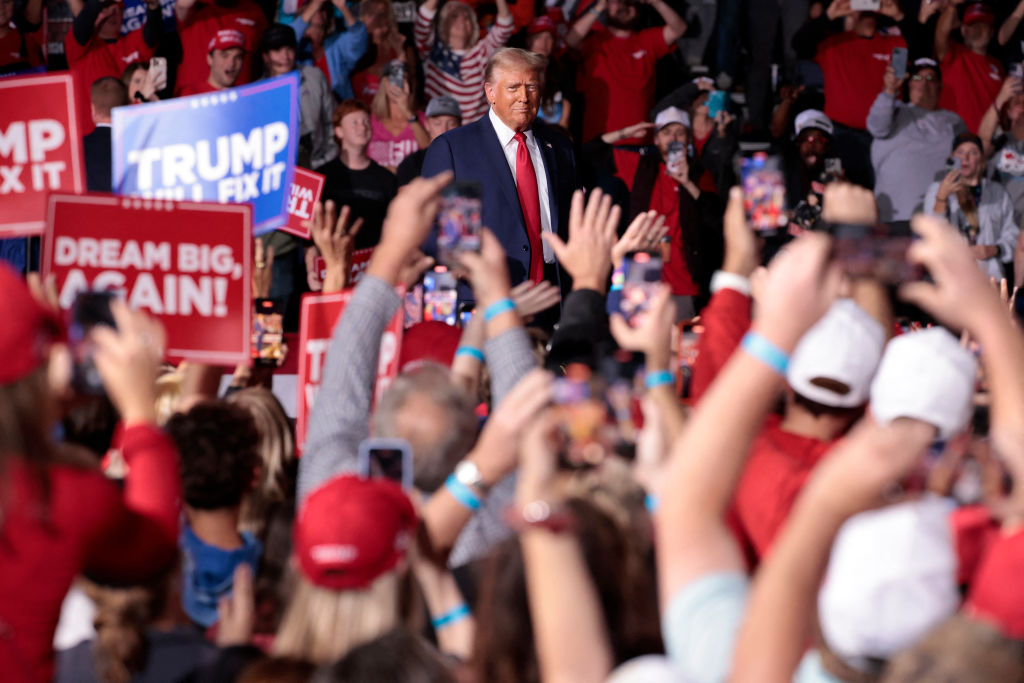






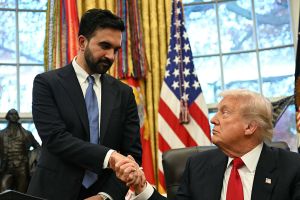

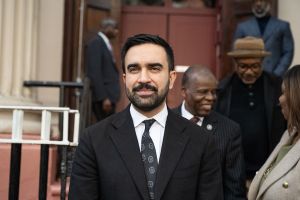

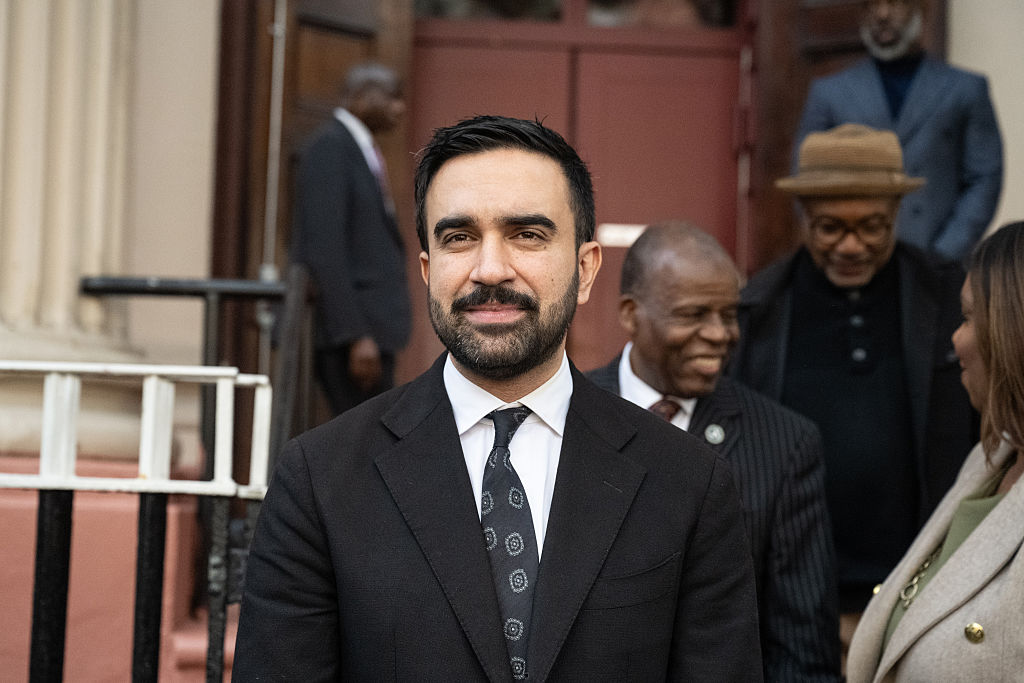



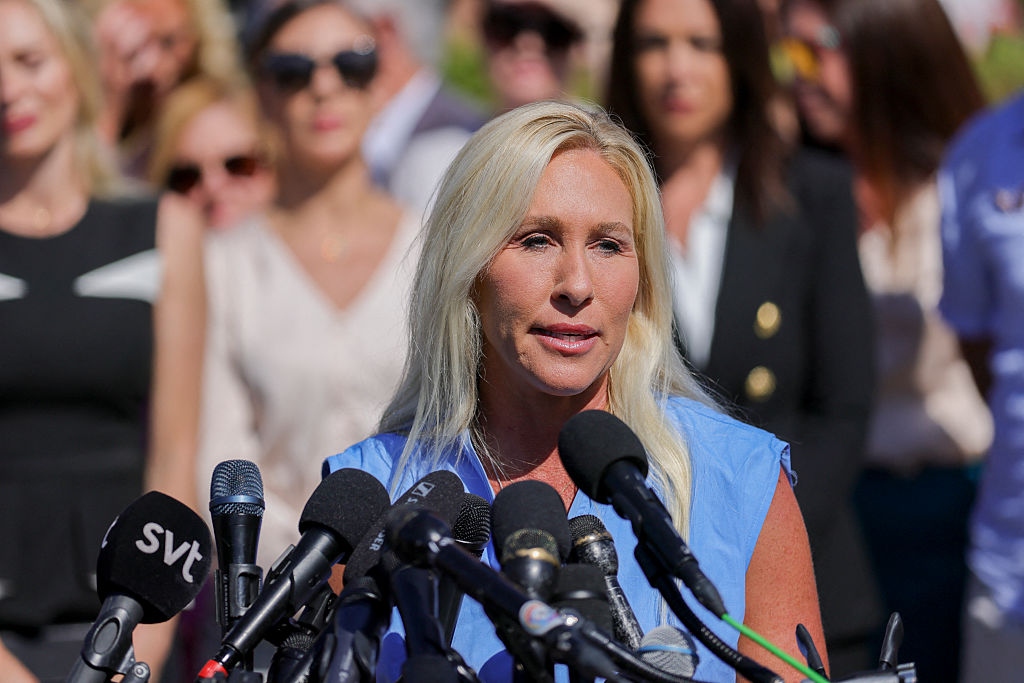







Leave a Reply